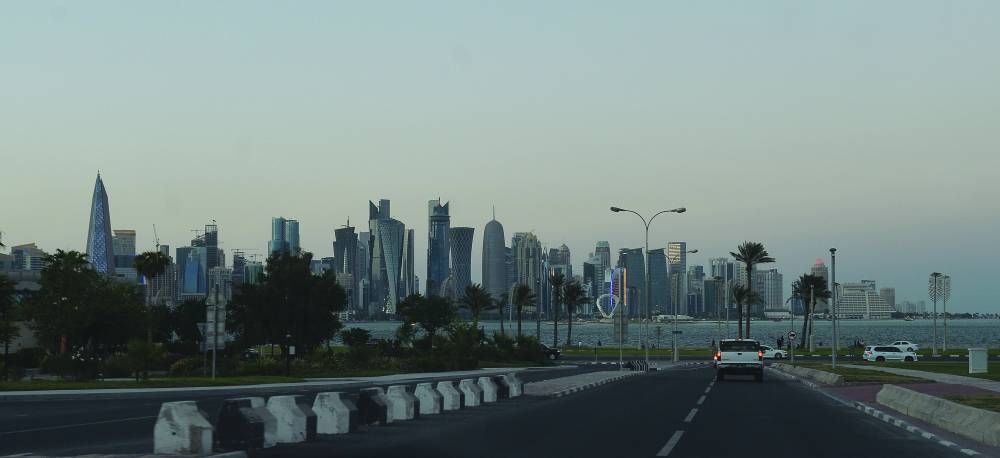Qatar will post the strongest growth in road freight in the Gulf region at 35% between 2023 and 2030, according to IRU (International Road Transport Union), which represents the voice of more than 3.5mn companies operating mobility and logistics services in over 100 countries.
Qatar had the strongest growth in the GCC (Gulf Co-operation Council) road freight market in 2023 (6.1% year-on-year); even as the UAE is expected to have the highest growth in 2024 (3.8% year-on-year), IRU said in its briefing 'Road freight and trade in the Gulf Co-operation Council region: Challenges and opportunities'.
The size of the GCC road freight market was $22.6bn in 2023, which was 1.2% of the region’s GDP (gross domestic product), the report said, adding it represents 27% of the overall freight transport industry’s gross output and is expected to grow by 22% between 2023 and 2030. It is the second fastest growing mode in terms of market size, after air freight.
The UAE has the largest road freight market by size, 39% of the region’s total in 2023; followed by Saudi Arabia (22%), it said, adding Oman has the highest share of road freight out of the total freight transport market, 27% in 2023; followed by Saudi Arabia (22%).
Almost all overland freight within the GCC is transported by road. Road freight in the region is projected to continue growing over the coming years, driven by planned infrastructure projects, growing intra-GCC trade, and e-commerce expansion across the broader Middle East and North African region.
"Current geopolitical conflicts are also boosting road freight demand in the GCC. The ongoing Red Sea crisis has notably impacted maritime shipping, with regional and intercontinental trade being rerouted away from the Suez Canal towards overland or intermodal options," the report said.
More than 1mn trucks are in operation in the GCC, a number that increases by 5% to 9% every year, it said, adding the GCC E-commerce sector grew by 7.6% year-on-year in 2023, reaching $23.8bn. "This rapidly growing cross-border sector will boost the need for road freight services across the Middle East and beyond," it said.
Highlighting that in terms of the types of road freight services available in the GCC, the full truck load (FTL) and less than truck load (LTL) segments currently constitutes almost half of the total road freight market; IRU said "this will continue to increase due to the region’s strategic position and its free trade zones and economically dynamic cities."
Although intra-GCC trade has been growing rapidly, borders have not kept up, it said, adding there are a limited number of border crossing points, many of which have not been significantly upgraded for years.
The report also said many GCC-based companies are less digitalised than enterprises in more developed markets, reducing their competitiveness versus international companies.
The main trade itineraries within the GCC are UAE exports to Kuwait (17mn tonnes in 2022), followed by Oman exports to Qatar (15mn tonnes) and Saudi Arabia exports to the UAE (13mn tonnes), the IRU said, adding the total value of all these itineraries was $62bn in 2022.

Qatar recorded the strongest growth in the GCC road freight market in 2023 (6.1% year-on-year), according to IRU. PICTURE: Shaji Kayamkulam

